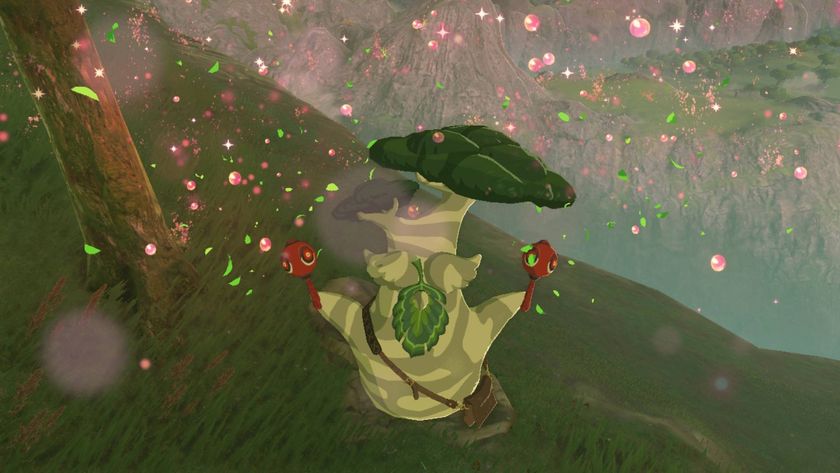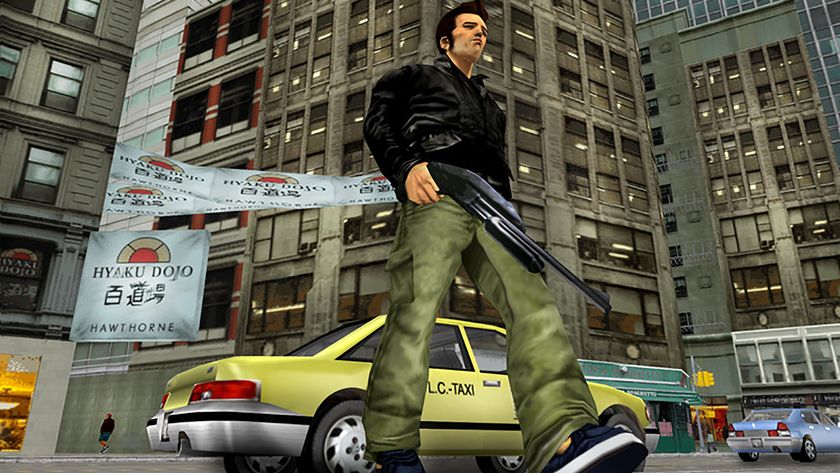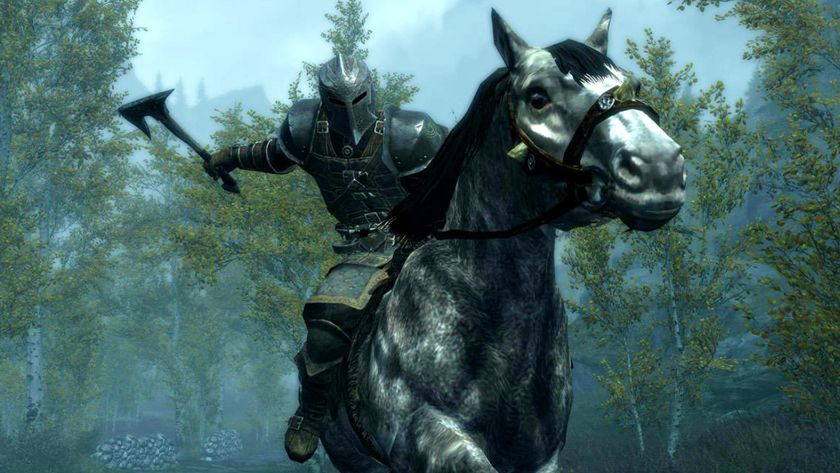15 reasons we love the Dreamcast 15 years later
It made console MMOs viable
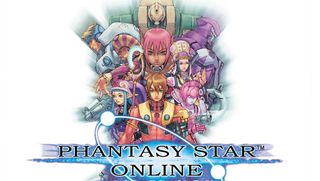
Phantasy Star seemed to be another of Sega's lost franchises, but the Dreamcast brought it back to the forefront with Phantasy Star Online. PSO took the cooperative online formula of MMOs and dungeon crawlers like Diablo, then adapted it into the colorful sci-fi world that players repeated over and over again in the hopes of spawning increasingly sweet loot. People put hundreds of hours into PSO, leveling up pets and trading items with fellow players all over the world. It was worth buying a keyboard just to communicate better with teammates. Games like Monster Hunter took clear inspiration from PSO, but could they ever really replicate the unique thrill of killing thousands of Rappies?
The games have aged beautifully
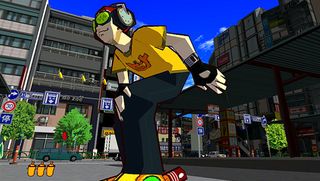
You can thank Sega for popularizing cel-shaded graphics via Jet Set Radio, and that game still looks great today. I'm not saying every game is a digital tour de force, but the Dreamcast hosted so many titles that remain pretty to this day, thanks in large part to creative use of the tech. Soul Calibur, Resident Evil: Code Veronica, and Shenmue showed the promise of the system in those early years--just imagine how good later games would have looked, had Dreamcast not met its untimely end. Hard to believe people passed up the Dreamcast thinking that the PlayStation 2's graphics would blow it away.
It was one of the last systems with stupendous arcade ports
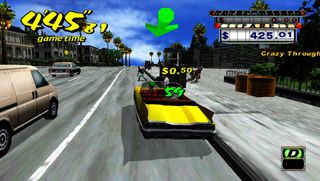
The arcade was on its last legs in the west around 1999, with Sega still keeping the quarters flowing in the US with classics like Crazy Taxi and Sega Bass Fishing. The Dreamcast was home to so many arcade ports, many that capture what's special about the original while packing in a little extra. Today those games feel too thin to support full retail releases, but titles like Crazy Taxi were such addictive coin-devourers that a full-priced Dreamcast game felt cheaper in the long run. Getting arcade perfect ports from Sega, Namco, Capcom, SNK, and Midway was easily worth the cost of a Dreamcast for arcade diehards.
The logo even had a cool game
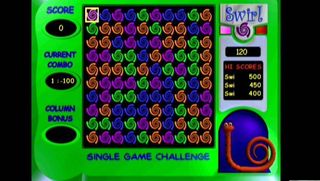
The four controller ports and that little red (blue if youre in Europe) triangle on the front are nice, but the most memorable feature on the Dreamcast's surface was arguably the Sega Swirl. The little orange spiral implies a kind of lightness to the console, suggesting the artistic fun youd find inside. Also, I daresay its one of the only console logos I know of that starred in its own game. Sega Swirl is a matching puzzler akin to Bejeweled, tasking players with eliminating different colored versions of the logo, all while a snake watches from the sidelines. The best part? It cost nothing because it usually came packaged alongside demo discs in several Dreamcast-centric magazines.
It went out in a blaze of glory
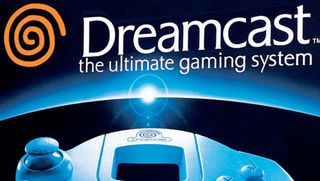
Some gamers look at the Dreamcast as a cautionary tale; a warning to todays current console makers. But thats not really accurate. After numerous mistakes preceded the Dreamcast, it was the system that Sega finally got right, from hardware to software to marketing. It just came too late. However, the Dreamcast was Sega leaving the console race on its own terms, with its head held high because it had one of the strongest runs of any system ever. No poor sales reports can take that away.
Never giving up hope on a Dreamcast 2
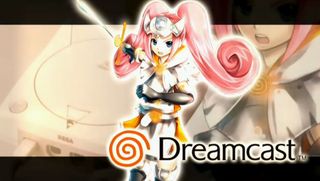
Sega has definitely changed in the years since it went third party. Through all the ups and downs, some of its most ardent fans have held onto the hope that, one day, theyll see a Dreamcast 2. If its insane to imagine a time when Sega reclaims the glory days of the Dreamcast years, then call me crazy.
Left us too soon...
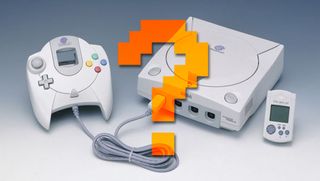
The Dreamcast may have a sad ending, but it's legacy is something any game maker should be proud of. If you have any Dreamcast memory to share now that it's more than 15 years old, why not commiserate in the comments?
Sign up to the 12DOVE Newsletter
Weekly digests, tales from the communities you love, and more
If you need more excuses to love the Dreamcast, check out our list of the 50 best Dreamcast games, followed by this video celebrating the Dreamcast games that have aged very gracefully.
Henry Gilbert is a former 12DOVE Editor, having spent seven years at the site helping to navigate our readers through the PS3 and Xbox 360 generation. Henry is now following another passion of his besides video games, working as the producer and podcast cohost of the popular Talking Simpsons and What a Cartoon podcasts.

